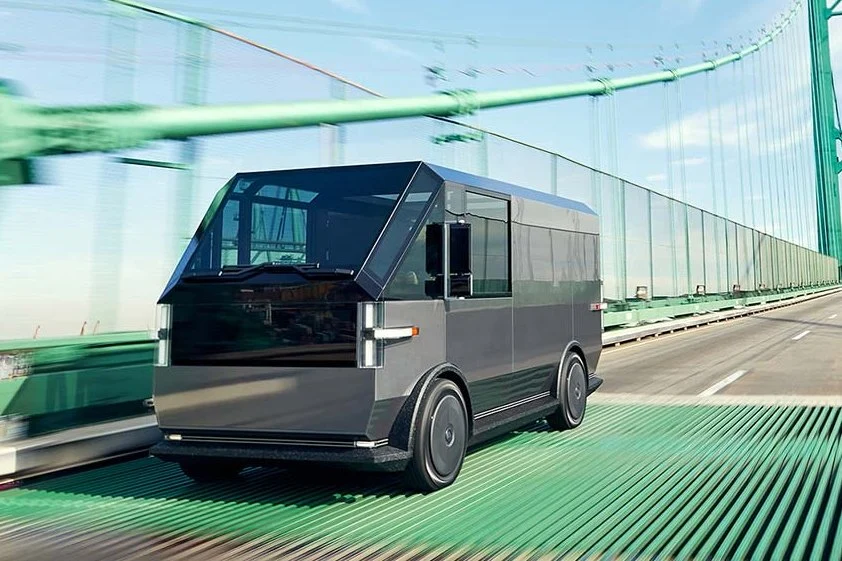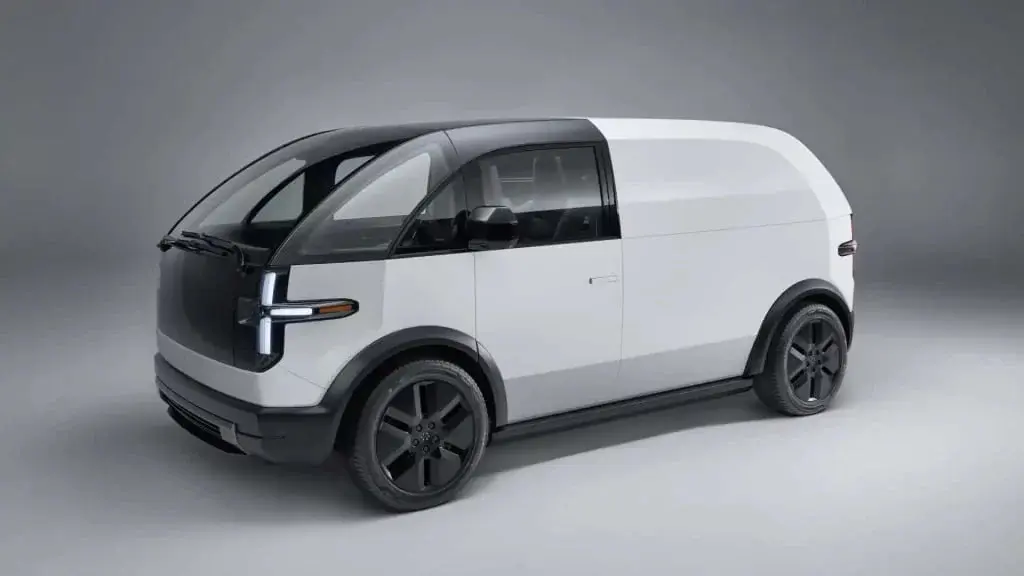Electric vehicle startup Canoo has announced that it has filed for Chapter 7 bankruptcy, ceasing all operations immediately. This event highlights the ongoing struggle within the EV industry, where several companies have faced similar fates. The bankruptcy filing was submitted to the U.S. Bankruptcy Court located in the District of Delaware, which means the company’s assets will now be liquidated with oversight from a court-appointed trustee.
Financial Details and Challenges
Canoo, which was founded seven years ago and created a unique modular electric van platform, revealed in its bankruptcy documents that it has assets valued at less than $50,000. In contrast, its liabilities range from $10 million to $50 million, owed to under 49 creditors. The company mentioned in a press release that it had “been in discussions with foreign sources of capital,” but these efforts were unsuccessful. Additionally, Canoo struggled to secure funding from the U.S. Department of Energy’s Loan Program Office, which has remained active during the final days of the Biden administration.
Warning Signs and Workforce Impact
Recent indicators of Canoo’s troubles included furloughs of its remaining employees and the closure of its factory in Oklahoma. By mid-November 2024, the company’s cash reserves had dropped to a mere $700,000, making it hard to sustain operations or deliver any vehicles to customers.
Canoo is now part of a growing list of failed EV startups that attempted to go public through the SPAC route. This includes other companies like Fisker, Lordstown Motors, Proterra, Lion Electric, and Arrival. Interestingly, Canoo acquired Arrival’s assets in 2024 shortly before its own downfall.
Company Background and Promises
Founded in 2017 by former leaders from the struggling EV maker Faraday Future, Canoo — originally called Evelozcity — initially showed promise with its innovative technology like a steer-by-wire system and a flexible electric vehicle platform. The company’s potential caught the attention of Apple, which was looking into investing in or purchasing Canoo to enhance its electric vehicle project.
In December 2020, Canoo went public via a merger with Hennessy Capital Acquisition Corp., raising around $600 million. However, after the merger, under the direction of Chairman and CEO Tony Aquila, the company made significant strategic changes, shifting focus from consumer sales to commercial fleets but struggled to find its footing in manufacturing.
Governance Issues and Financial Struggles
Even though Canoo secured tentative agreements with notable partners, such as a possible deal for 10,000 vehicles with Walmart and contracts with the United States Postal Service, Department of Defense, and NASA, it couldn’t produce significant vehicle numbers or generate meaningful revenue.
Concerns about the company’s governance under Aquila emerged. In 2023, regulatory filings indicated that Canoo spent twice its revenue on payments to Aquila’s firm for using corporate jets and leasing office space. Recently, Aquila’s firm provided essential loans to keep Canoo running, secured by liens on the equipment at its Oklahoma City facility.
Conclusion of Operations
The situation became dire as employees received layoff notices, consumer deposits were refunded, and even the billboard at its Justin, Texas, office was taken down. Canoo’s liquidation in Delaware Bankruptcy Court signifies the end of another chapter in the difficult journey of EV startups, emphasizing the challenges faced by newcomers in the highly competitive electric vehicle market.
Source:
Link



